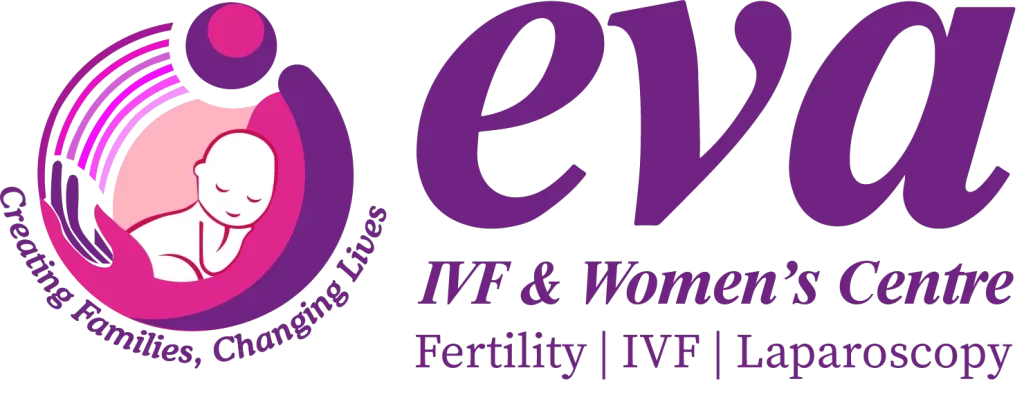Recovery from a Hysterectomy
Procedure of a Hysterectomy:
A hysterectomy is a surgical procedure in which the uterus is removed. There are different types of hysterectomies, each with its procedure. However, there are certain steps in the procedures that are common to all of them such as the following:
- Incision:
The surgeon makes an incision in the abdominal wall, either horizontally or vertically.
- Removal:
The uterus is then removed through the incision.
- Closure:
The incision is closed with stitches or staples.
How to Recover From a Hysterectomy?
Recovery from a hysterectomy varies from woman to woman. However, there are some actions that any patient who undergoes this procedure can take during their recovery. Here are some general guidelines to help with the recovery process:
- Pain management:
Pain and discomfort are common after surgery and pain medications can be taken to manage the pain.
- Getting enough rest:
The woman must get plenty of rest during the initial recovery period.
- Incision care:
The incision area must remain clean and dry and she needs to follow the specific care instructions provided by her healthcare team.
- Diet:
A balanced diet can help support the healing process.
- Avoid sexual activity:
Sexual activity must be avoided for at least several weeks.
- Pelvic floor exercises:
Pelvic floor exercises can help strengthen the pelvic muscles and support recovery.
When Should One Get a Hysterectomy?
A hysterectomy is a surgical procedure in which the uterus is removed. There are various reasons why a woman might undergo a hysterectomy, and the decision is typically made based on the specific medical condition and the impact it has on the individual’s health. Here are common scenarios where a hysterectomy might be considered:
- Uterine cancer:
The extent to which hysterectomy can be applied for treating uterine cancer depends on the stage of cancer and whether other structures, such as the ovaries and fallopian tubes, also need to be removed.
- Uterine fibroids:
For women with severe symptoms caused by uterine fibroids, a hysterectomy may be recommended if other treatments have not been successful.
- Endometriosis:
In cases of severe endometriosiswhen the uterus and surrounding tissues are extensively affected and other treatments are not working, a hysterectomy may be an option.
- Uterine prolapse:
When a uterine prolapse occurs and non-surgical treatments are ineffective, a hysterectomy may be recommended to address the prolapse.
- Reason:
Excessive bleeding during periods.
If you have a gynecological condition that requires a hysterectomy for treatment, then come to Eva IVF & Women’s Centre. We have many years of experience in conducting successful hysterectomies for our patients and can assure you of high-quality treatment.
Advanced and minimally invasive laparoscopic surgery facilities are available here to help with uterine removal surgery.
This is helpful in early recovery and pain relief.
At Eva IVF and Women’s Centre in Chennai, they do natural RESC scarless, vaginal historic surgeries.
